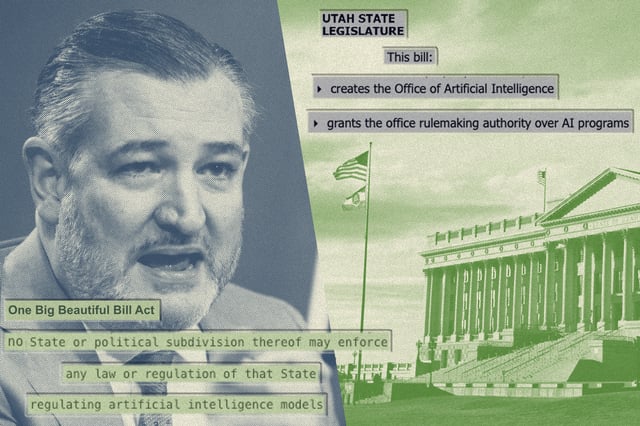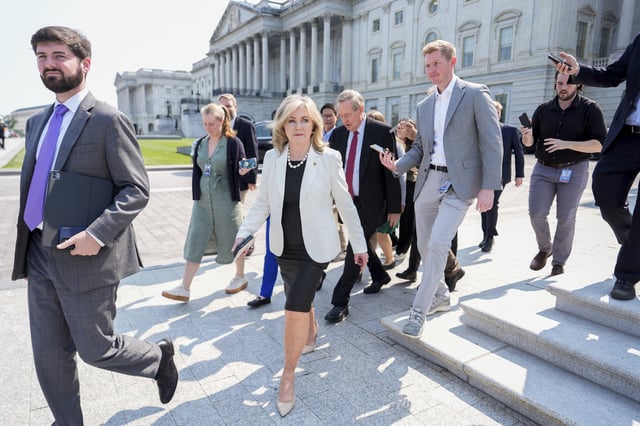Overview
- The Senate voted 99-1 to eliminate an AI moratorium—initially drafted as a 10-year ban and later scaled to a five-year, funding-tied freeze—thereby preserving states’ power to regulate emerging technologies.
- Senator Marsha Blackburn joined Democrats Maria Cantwell and Ed Markey to champion the amendment that removed the ban despite support for preemption from White House tech advisers and major AI firms.
- A divide within the GOP emerged as conservatives distrusting Big Tech and defenders of states’ rights outmaneuvered lawmakers who argued a single federal framework was needed to compete with China, leaving Senator Thom Tillis as the sole vote for the freeze.
- States such as California, Colorado, Illinois and Utah have advanced hundreds of AI measures in 2025, covering deepfake bans, bias audits, child-safety safeguards and workplace transparency rules.
- With the reconciliation bill headed back to the House for final language, advocates say the vote has galvanized efforts to draft standalone federal AI legislation to prevent a patchwork of rules.


